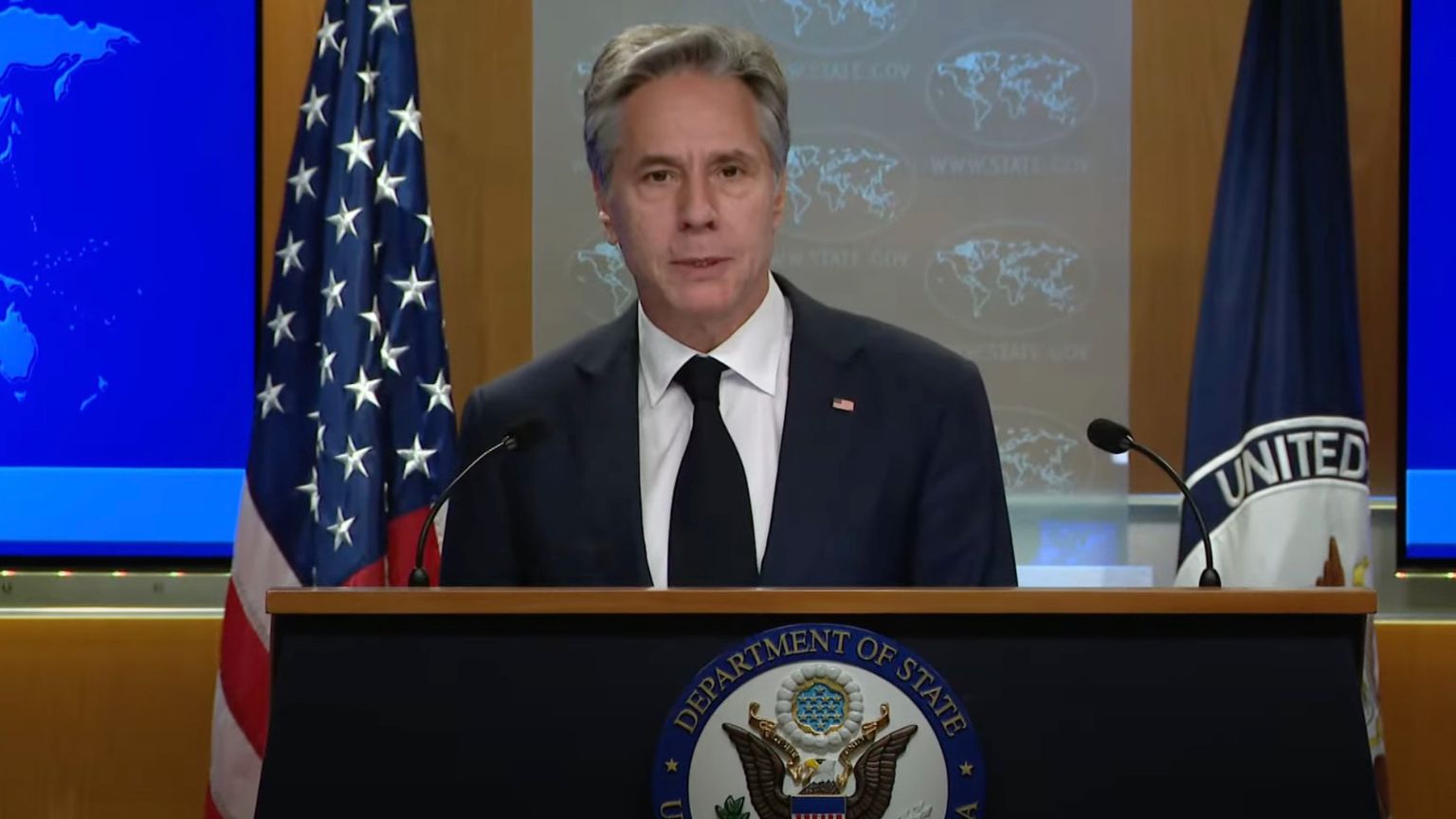The pressure on the current White House administration is increasing by the day, to clarify exactly what, how, when, and for what, had been going on during the scandalous Big Tech-Big Government collusion over the past years.
There are so many chess pieces in this story that it’s sometimes difficult to keep track of who exactly did what in order to censor speech in the US.
The idea of free speech, as defined there via the First Amendment, and upheld by a number of milestone Supreme Court rulings, has always been a beacon of light.
But the light from the beacon has significantly dimmed over the last couple of years. There has been all kinds of evidence that the Biden White House (and the powerful political/media forces behind it and the party, even when he was not in office) were devising “innovative” ways of circumventing the country’s top legislation – the Constitution, specifically on the issue of speech.
So now, as the curtain is slowly being lifted on the whole sad and disappointing “anti-First Amendment” strategy – we’re getting reports of groups like the London-based (but US State Department funded) Global Disinformation Index (GDI) – coming under legal scrutiny.
The Bader Family Foundation non-profit has sued that same Department of State (DoS) for apparent collusion with the GDI.
“District Judge Jia M. Cobb ordered the State Department to release the records in monthly installments, and to review at least 500 pages per month for material that is subject to release under the Freedom of Information Act,” reports about the suit are now saying.
This happened in early July. Now, we have the DoS “releasing its first monthly installment.”
The “first installment’s” 73 pages are not good though.
They contain “internal State Department discussions of how to respond to Congressman Darrell Issa, and reporters like Gabe Kaminsky of the Washington Examiner, Valerie Richardson of the Washington Times, Michael Gordon of the Wall Street Journal, Ailan Evans of the Daily Caller, and Benen O’Brien of Fox News,” lawyer Hans Bader writes, adding: “The discussions are heavily redacted, and the redacted material won’t be released unless I successfully challenge the redactions as not covered by Exemption 5′ deliberative-process privilege later in the lawsuit.”








